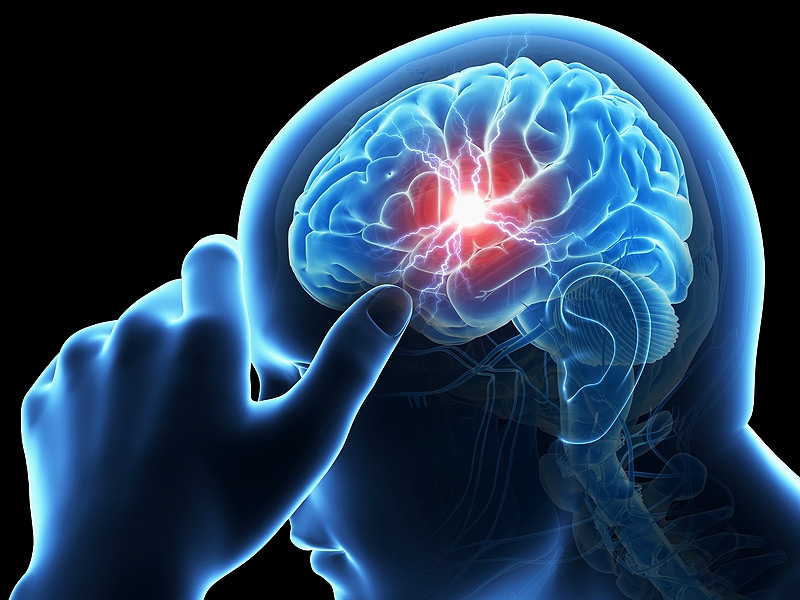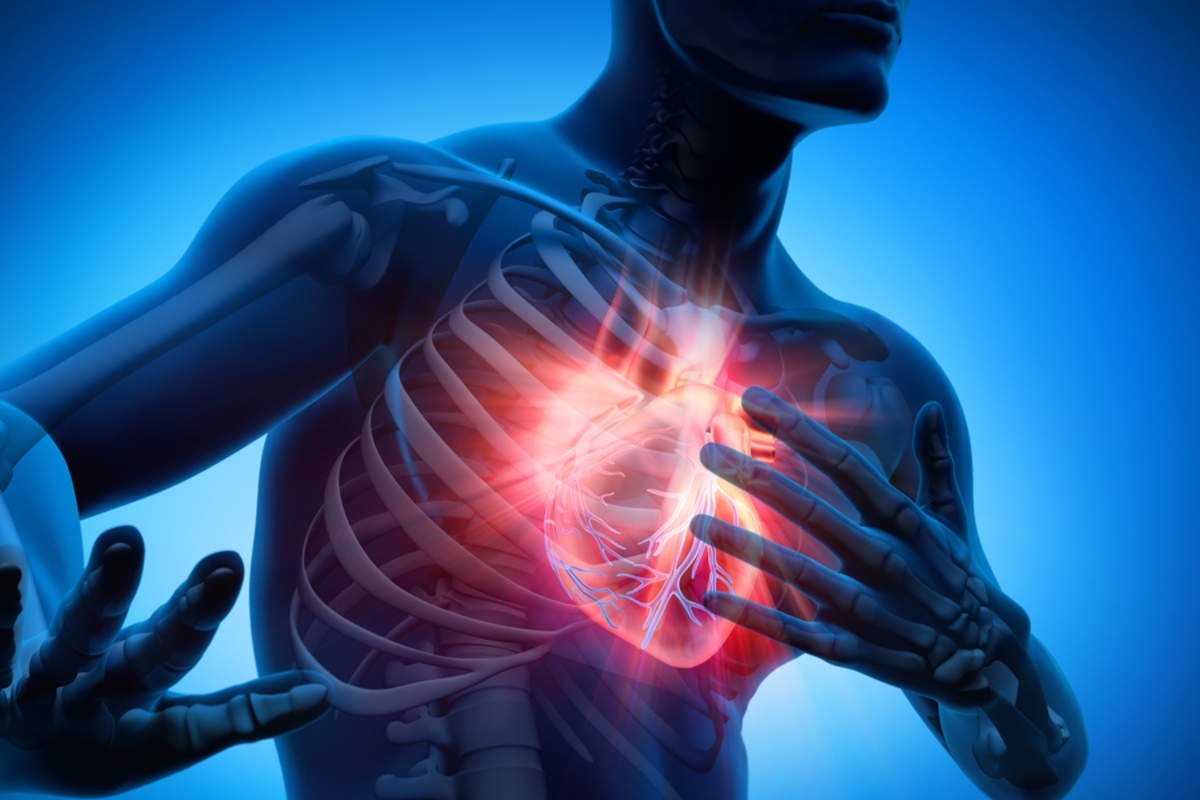Our Services

Brain Stroke
Overview : A stroke occurs when the blood supply to part of your brain is
interrupted or reduced, preventing brain tissue from getting oxygen and nutrients. Brain cells
begin to die in minutes.
A stroke is a medical emergency, and prompt treatment is crucial. Early action can reduce brain
damage and other complications.
Symptoms : Trouble speaking and understanding what others are saying,Paralysis
or numbness of the face, arm or leg,Problems seeing in one or both eyes,Headache,Trouble
walki
Causes : There are two main causes of stroke: a blocked artery (ischemic stroke)
or leaking or bursting of a blood vessel (hemorrhagic stroke). Some people may have only a
temporary disruption of blood flow to the brain, known as a transient ischemic attack (TIA),
that doesn't cause lasting sympto
Risk factors : High blood pressure,Cigarette smoking or secondhand smoke exposure,High cholesterol, Diabetes,Obstructive sleep apnea,Cardiovascular disease, including heart failure, heart defects, heart infection or abnormal heart rhythm, such as atrial fibrillation Personal or family history of stroke, heart attack or transient ischemic attack.

Breast Cancer
Overview : Breast cancer is cancer that forms in the cells of the breasts.
After skin cancer, breast cancer is the most common cancer diagnosed in women in the United
States. Breast cancer can occur in both men and women, but it's far more common in women
Symptoms : A breast lump or thickening that feels different from the surrounding tissue, Change in the size, shape or appearance of a breast, Changes to the skin over the breast, such as dimpling, A newly inverted nipple.
Causes : Doctors know that breast cancer occurs when some breast cells begin to grow abnormally. These cells divide more rapidly than healthy cells do and continue to accumulate, forming a lump or mass. Cells may spread (metastasize) through your breast to your lymph nodes or to other parts of your body.
Risk factors : Being female,Increasing age,A personal history of breast ,Inherited genes that increase cancer riskconditions,Radiation exposure,Obesity,Beginning your period at a younger age,Beginning menopause at an older age,Having your first child at an older age.

Heart Failure
Overview : occurs when the heart muscle doesn't pump blood as well as it should.
When this happens, blood often backs up and fluid can build up in the lungs, causing shortness
of breath.
Certain heart conditions, such as narrowed arteries in the heart (coronary artery disease) or
high blood pressure, gradually leave the heart too weak or stiff to fill and pump blood
properly.
Symptoms : Shortness of breath with activity or when lying down, Fatigue and weakness, Swelling in the legs, ankles and feet, Rapid or irregular heartbeat, Reduced ability to exercise, Persistent cough or wheezing with white or pink blood-tinged mucus, Swelling of the belly area (abdomen)
Causes : In heart failure, the main pumping chambers of the heart (the ventricles) may become stiff and not fill properly between beats. In some people, the heart muscle may become damaged and weakened. The ventricles may stretch to the point that the heart can't pump enough blood through the body.
Risk factors : Coronary artery disease,High blood pressure,Faulty heart valves,Damage to the heart muscle,Inflammation of the heart muscle (myocarditis),A heart problem that you're born with (congenital heart defect),Abnormal heart rhythms (arrhythmias).

Diabetes
Overview : Diabetes mellitus refers to a group of diseases that affect how your
body uses blood sugar (glucose). Glucose is vital to your health because it's an important
source of energy for the cells that make up your muscles and tissues. It's also your brain's
main source of fuel.
Symptoms : Increased thirst, Frequent urination, Extreme hunger, Unexplained weight loss, Presence of ketones in the urine (ketones are a byproduct of the breakdown of muscle and fat that happens when there's not enough available insulin), Fatigue, Irritability, Blurred vision, Slow-healing sores.
Causes : The pancreas secretes insulin into the bloodstream. The insulin circulates, enabling sugar to enter your cells. Insulin lowers the amount of sugar in your bloodstream. As your blood sugar level drops, so does the secretion of insulin from your pancreas.
Risk factors : Family history,Environmental factors,The presence of damaging immune system cells (autoantibodies),Geography.

Kidney Failure
Overview : Kidney failure occurs when your kidneys suddenly become unable to filter waste products from your blood. When your kidneys lose their filtering ability, dangerous levels of wastes may accumulate, and your blood's chemical makeup may get out of balance.
Symptoms : Decreased urine output, although occasionally urine output remains
normal,
Fluid retention, causing swelling in your legs, ankles or feet,
Shortness of breath,
Fatigue,
Confusion,
Nausea,
Weakness,
Irregular heartbeat.
Causes : You have a condition that slows blood flow to your kidneys, You experience direct damage to your kidneys, Your kidneys' urine drainage tubes (ureters) become blocked and wastes can't leave your body through your urine.
Risk factors : Being hospitalized, especially for a serious condition that requires intensive care, Advanced age, Blockages in the blood vessels in your arms or legs (peripheral artery disease), Diabetes, High blood pressure, Heart failure, Kidney diseases, Liver diseases, Certain cancers and their treatments.